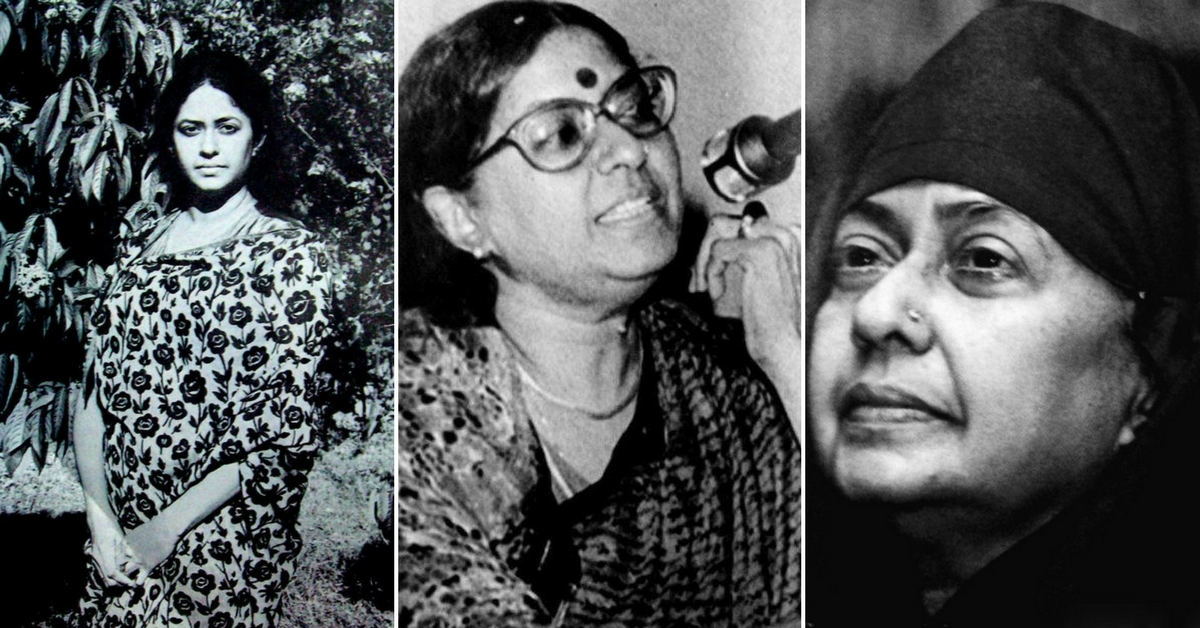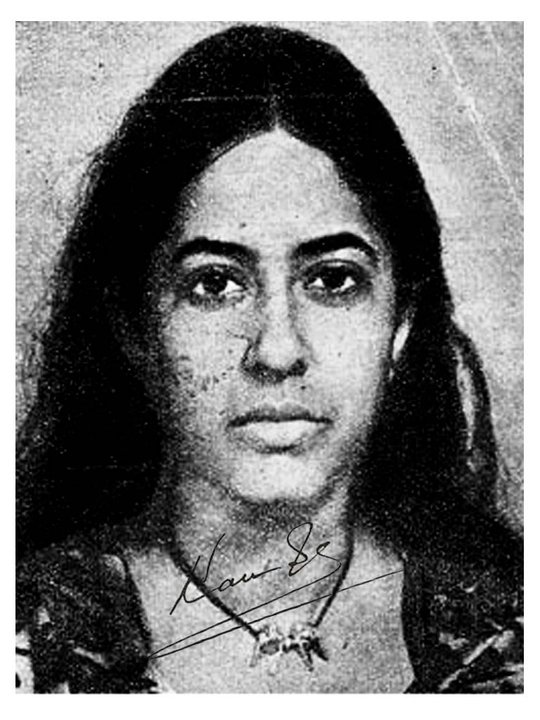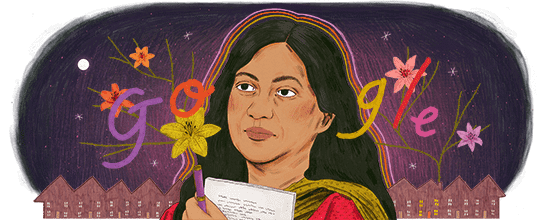Kamala Das, the Fearless Poet Who Never Shied Away from Expressing Herself
Despite her demise almost a decade ago, Kamala remains an enigma and continues to intrigue scores of readers with her eloquent works, even today.

“Some people told me that writing an autobiography like this, with absolute honesty, keeping nothing to oneself, is like doing a striptease. True, maybe. I, will, firstly, strip myself of clothes and ornaments. Then I intend to peel off this light brown skin and shatter my bones. At last, I hope you will be able to see my homeless, orphan, intensely beautiful soul, deep within the bone, deep down under, beneath even the marrow, in a fourth dimension,”
— excerpt from the translated work of Ente Katha.
Unapologetic, mysterious and a flawless mistress of words; that is Kamala Surayya for you.
Renowned for her honest and fearless exploration of the female psyche and sexuality in her works, Kamala Surayya is regarded an iconoclast way ahead of her time, who unlocked a space for women to finally speak of their desires and voice out their angst instead of fading into the four walls of marital and household duties.
Born on 31 March 1934 in the sylvan town of Punnayurkulam in the district of Thrissur, Kamala’s love for writing and poetry, sprouted at an early age. She grew up in the midst of the literary legacy of her mother, the poet, Nalapat Balamani Amma, and great-uncle Nalapat Narayana Menon, who was an author.
Kamala spent a majority of her formative years in Calcutta witnessing the tumultuous transition that the city was undergoing in the field of arts, and it played a significant role in fuelling the young woman’s penchant to craft stories.

In fact, her first book of poetry, Summer in Calcutta, takes inspiration from the city and leads the reader through poignant poems which linger over themes like love, betrayal and the ensuing pain.
What made her works engrossing is the treatment of love that is quite discernibly strung to one’s sexual yearnings, a space that was considered scandalous at the time and seldom broached in public spheres even by men, let alone women.
Married at 15 to Madhava Das, a bank officer who wholeheartedly supported his young wife’s literary pursuits, Kamala soon started writing and publishing in both English and Malayalam, under different pen names like Madhavikutty and Kamala Das.

To her fans, she became Aami, a friend.
Often likened with iconic litterateurs like Marguerite Duras and Sylvia Plath for her direct and impernitent writing style, some of her short stories like Pakshiyude Manam, Neypayasam, Thanuppu, and Chandana Marangal continue to remain unforgettable, as they give one a glimpse into the lives of insignificant people—like the story of a poor old servant or about the sexual disposition of upper-middle-class women living in a metropolitan city.
It was her autobiography titled, Ente Katha, later translated as My Story, published in 1973, that shook the Malayalam literary sphere for its controversial and outspoken account.
Exhibiting a blatant disregard for conventions, and freely expressing her opinions on various subjects in the society, the autobiographical work shed light on different pages out of Kamala’s life and explored themes like extramarital affairs and homosexuality quite openly.

A cult classic today, Ente Katha had faced harsh disapproval when it was first published, by both critics and the society—many admonished Kamala for being shamelessly confessional about her personal life. In fact, many of her own relatives had tried to obstruct the publishing and release of the book for fear of its content.
Remaining true to her bold and unflinching persona, Kamala continued to live and write without ever succumbing to societal pressures.
When she embraced Islam and took on the moniker Kamala Surayya in 1999, it had been a sensational story of the time, as the poet hailed from an orthodox Hindu Nair family, that had royal ancestry to its credit.

In recognition of her trailblazing literary career, Kamala was bestowed with many prestigious awards and accolades that include Award of Asian PEN anthology, Kerala Sahitya Academy Award, Sahitya Academy Award, Asian World and Poetry Prize, Kent Award for English Writing from Asian Countries, Vayalar Award, Muttathu Varkey Award and Ezhuthachan Puraskaram.
Kamala continued to write until her demise in 2009, and her last book titled The Kept Woman and Other Stories, featuring her translated stories was published posthumously.
Considered to be amongst the most influential figures to have given the form that Indian English poetry has today, The Times had called her ‘the mother of modern English Indian poetry.’

Commemorating the anniversary of her most famous work, Ente Katha, which was released on this date in 1973, Google honoured her by releasing a doodle to celebrate “the work she left behind, which provides a window into the world of an engrossing woman.”
The doodle was created by artist Manjit Thapp.

Through an infusion of power interlocked amidst her well-gauged words, Kamala’s oeuvres often reflected a quest for the self and the meandering thoughts of an engrossed woman who was often misunderstood and disregarded.
Despite her demise almost a decade ago, Kamala Surayya remains an enigma and continues to intrigue scores of readers with her eloquent works, even today.
Like this story? Or have something to share?
Write to us: [email protected]
Connect with us on Facebook and Twitter.
NEW: Click here to get positive news on WhatsApp!
If you found our stories insightful, informative, or even just enjoyable, we invite you to consider making a voluntary payment to support the work we do at The Better India. Your contribution helps us continue producing quality content that educates, inspires, and drives positive change.
Choose one of the payment options below for your contribution-
By paying for the stories you value, you directly contribute to sustaining our efforts focused on making a difference in the world. Together, let’s ensure that impactful stories continue to be told and shared, enriching lives and communities alike.
Thank you for your support. Here are some frequently asked questions you might find helpful to know why you are contributing?


This story made me
-
97
-
121
-
89
-
167











